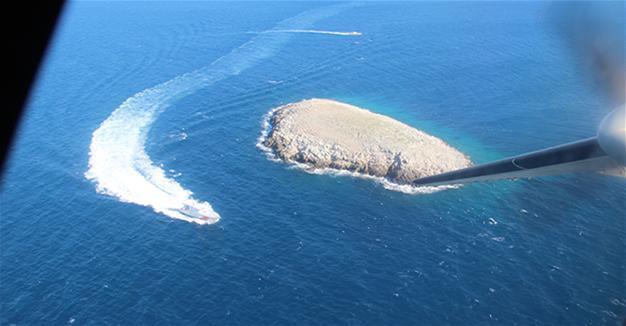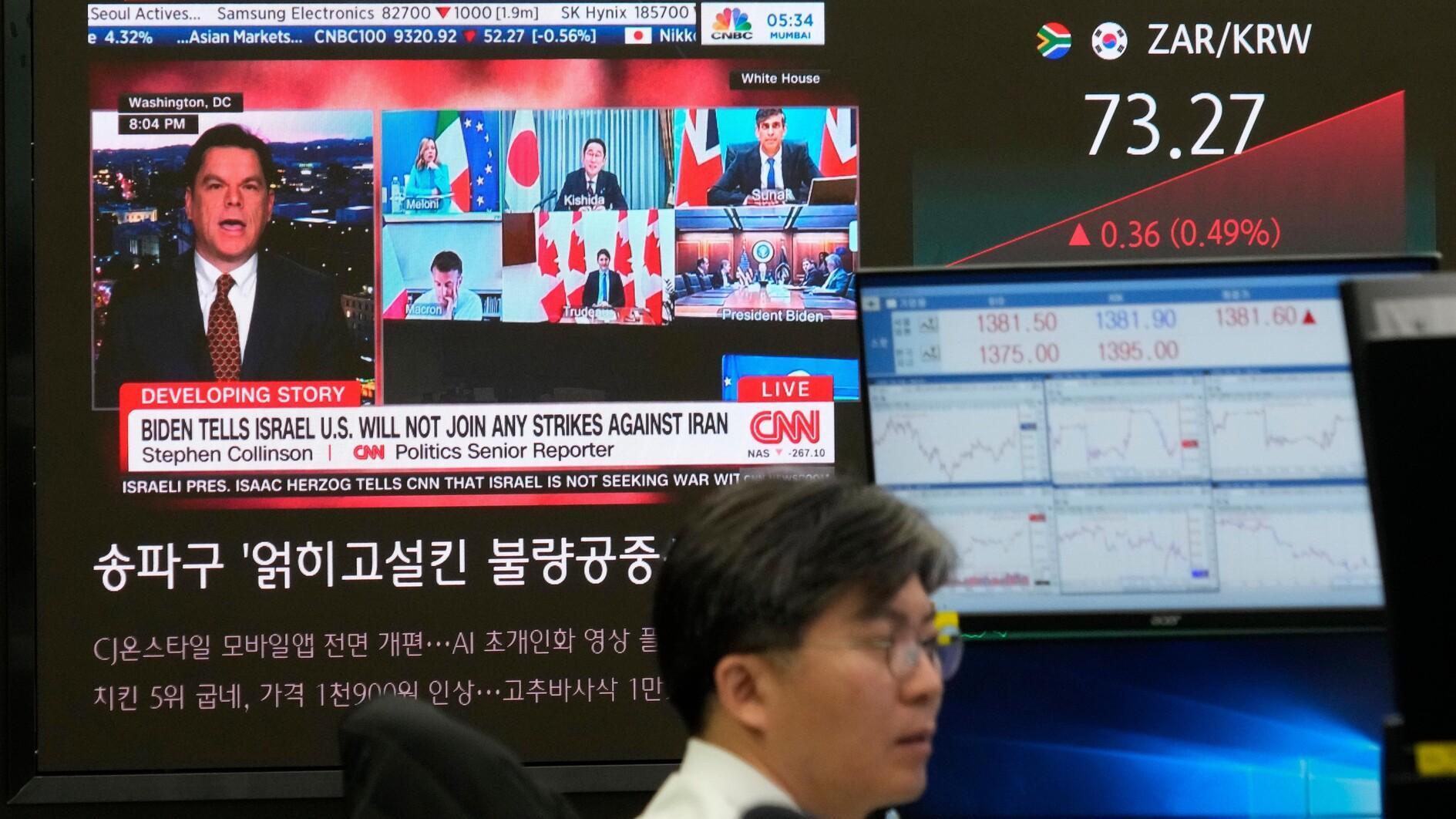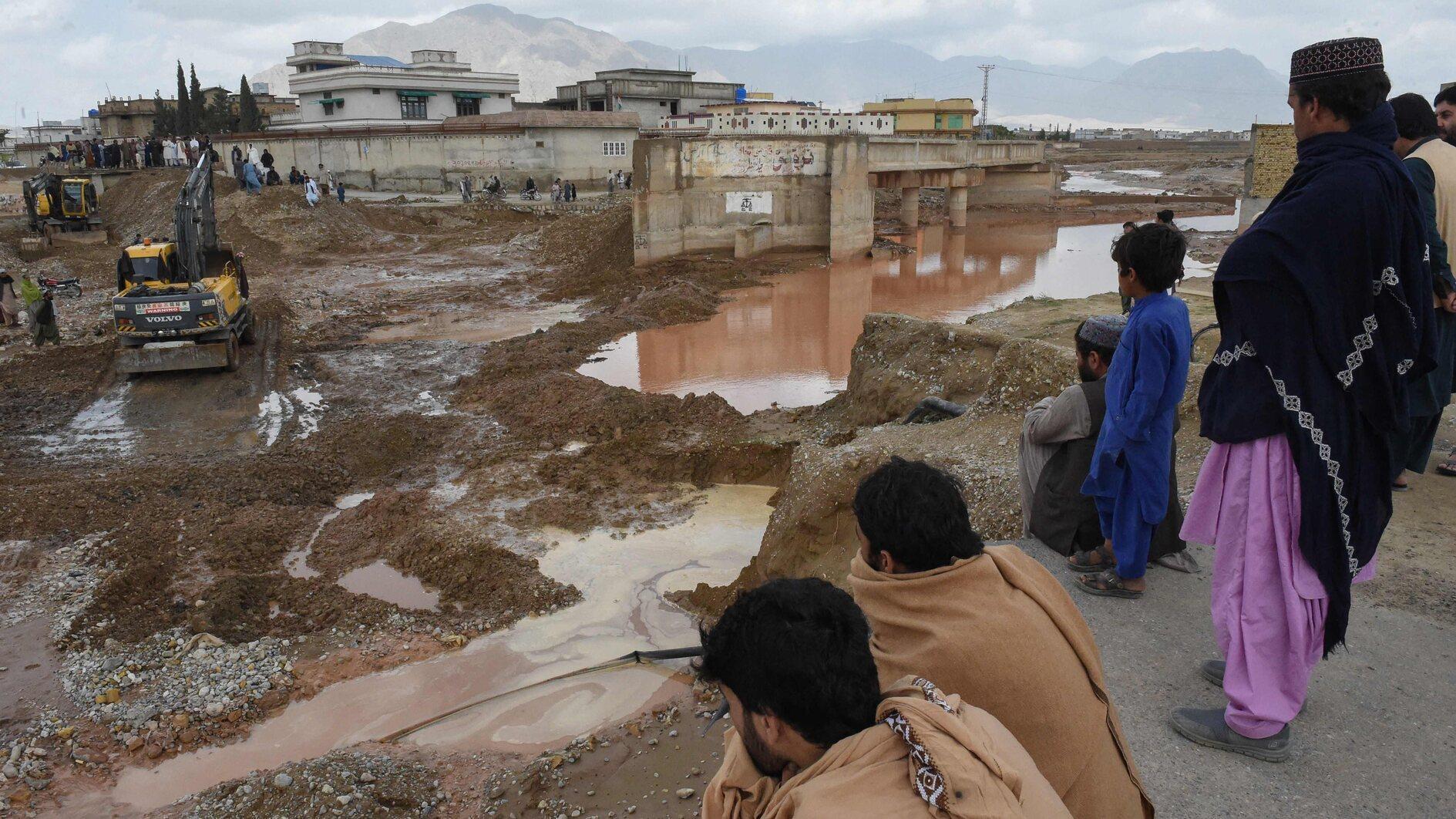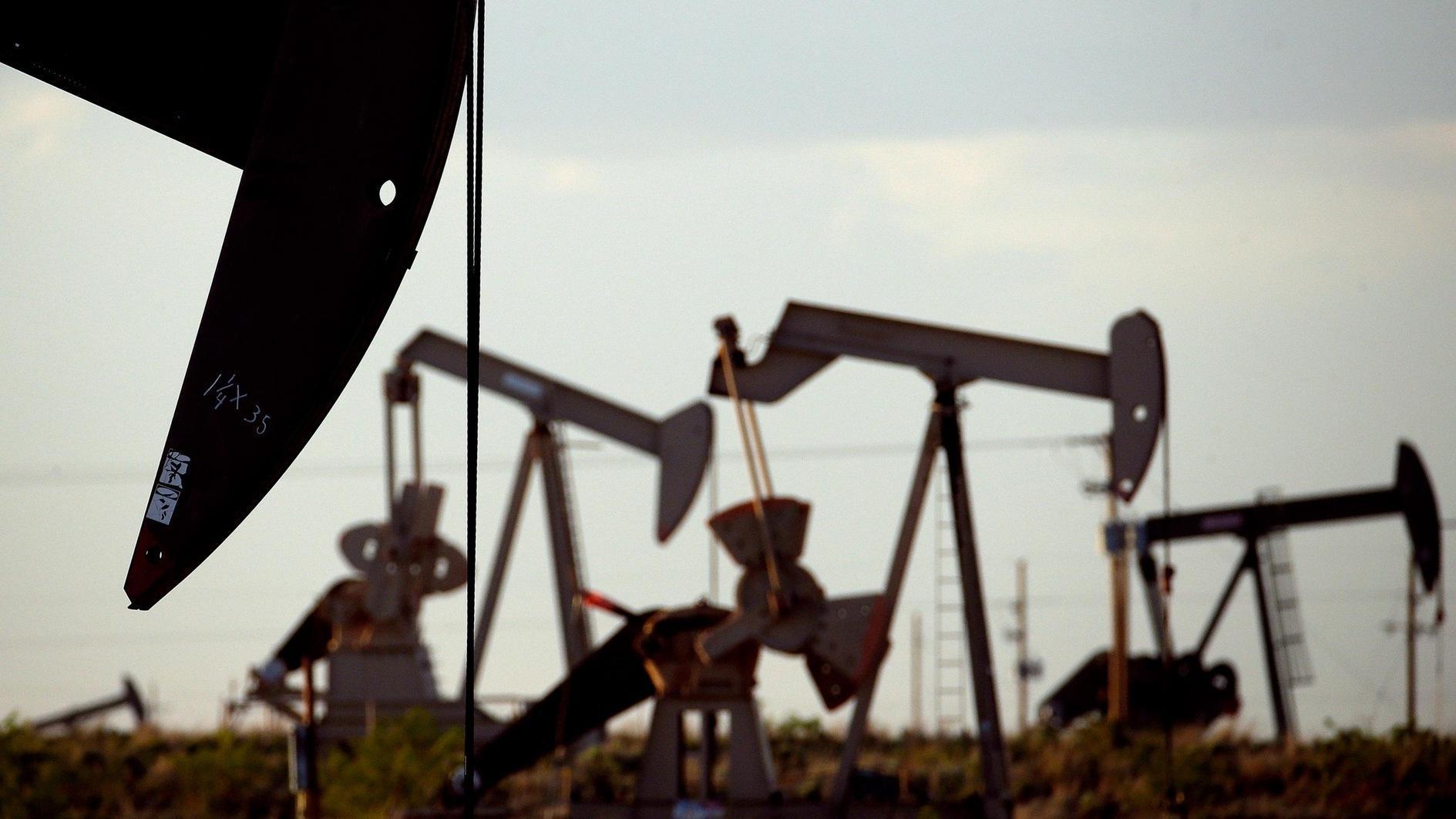War of words between Turkey and Greece over Aegean islets of Kardak
Hande Fırat – ANKARA

AA photo
Turkish and Greek ministers have continued to engage in a war of words, as tension between the two countries rises over the Aegean islets of Kardak, over which both countries lay claim.Turkish Foreign Minister Mevlüt Çavuşoğlu said Greek Defense Minister Panos Kammenos should “come to his senses,” after the latter visited the Kardak islets on the Aegean Sea on Feb. 1 and called Turkey’s acts “cowboy antics.”
The islets, known as Imia in Greek and Kardak in Turkish, are two small uninhabited rocks in the Aegean Sea, situated between the Greek island chain of the Dodecanese and the southwestern mainland coast of Turkey. Greece and Turkey nearly went to war over the islets in 1996 in an escalation that resulted in each side landing soldiers on one islet.
Stating that Kammenos and Greece were “conducting provocative acts,” Çavuşoğlu said Ankara was acting with “good sense” in order to prevent tension between the two neighbors.
“We have not even mentioned many of [the violations of Kardak by Greece]. They increase the tension by using the Kardak issue. The defense minister [Kammenos] should come to his senses,” Çavuşoğlu told daily Hürriyet on Feb. 1.
“They should not abuse our attitude of good sense,” he added, stating that dispute between the two countries should be resolved through dialogue to avoid further tension and possible “mistakes.”
“We are acting maturely. The Greek defense minister should also act with maturity,” Çavuşoğlu said.
‘Cowboy antics’
Çavuşoğlu’s remarks came after Kammenos earlier on the same day criticized what he called Turkey’s “cowboy antics.”
“We want peace. We are not looking for a fight or for trouble in the Aegean. But there won’t be any aircraft that will not be intercepted,” Kammenos told Antenna Television, according to Reuters.
He was speaking after visiting the air space over the Kardak islets, located about one nautical mile from Turkey’s touristic resort of Bodrum on Feb. 1, leaving a wreath in the Aegean Sea in memory of three Greek soldiers who died in a helicopter accident during the 1996 crisis between the two countries over sovereignty of the islets.
“It was my obligation to be there ... I won’t ask for anyone’s permission,” Reuters quoted Kammenos as saying after the visit.
His remarks also followed Turkish Defense Minister Fikri Işık’s statement to the Hürriyet Daily News on Feb. 1 that Turkey did not want to be the one to escalate tension with Greece but it would also not “bow to any fait accompli.”
“Greece has recently increased the frequency of its border violations. From time to time this is due to Greek domestic politics. But that is not something good,” said Işık, adding that problems need to be solved through dialogue.
On Jan. 29, Turkish Chief of Staff Gen. Hulusi Akar, accompanied by the commanders of Turkey’s land, naval and air forces, paid a visit with two assault boats to the islets, the Turkish Armed Forces announced on the same day.
On Feb. 1, Greek Defense Ministry officials said they had recorded some 138 violations of Greek airspace over islands in the central and southern Aegean, an unusually high number, Reuters reported. They were intercepted, the officials added.
On Jan. 31, two Greek Coast Guard vessels passed the Kardak islets and entered Turkish territorial waters, after which Turkish Coast Guard vessels intervened and forced the Greek vessels to leave Turkish waters, Doğan News Agency reported.
The tension over the Kardak islets increased in the aftermath of a Greek court ruling last week that blocked the extradition of eight Turkish military officers who Ankara accuses of being involved in the failed July 2016 coup attempt. Turkey said relations between the two countries would be reviewed.
A statement by a Greek deputy shipping minister in early January on plans to make 28 small Aegean islands “habitable” also stoked Ankara’s ire.
“Greece is trying to take advantage of Kardak and similar rocky areas. But it will not be permitted to open new areas here,” Turkish Deputy Prime Minister Veysi Kaynak said on Feb. 1.
One of the disputed issues between neighbors Turkey and Greece is the territorial waters and air space topic, due to the Aegean islands and islets located close to mainland Turkey.
A final solution has yet to be reached between the neighbors but tension over the Aegean Sea has not spiked since the early 2000s, though dog fights between the countries’ fighter jets have been common since.
















